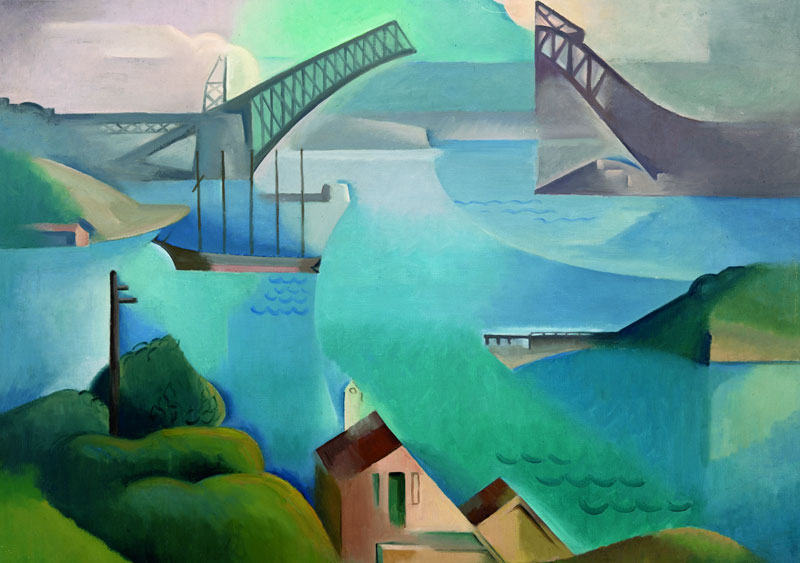Australian People
Australia is one of the most ethnically diverse societies in the world today.
Almost one in four Australian residents were born outside of Australia and many more are first or second-generation Australians (children and grandchildren of recently arrived migrants and refugees).
This wide variety of backgrounds, together with the culture of Indigenous Australians who have lived on the Australian continent for more than 50,000 years, have created a uniquely Australian identity and spirit.
What innovations have Australians brought to the world? Let's find out:
Hall of Fame: Australian Inventions
- Black box flight recorder: David Warren first had the black box idea in the 1950s when exploring why the commercial aircraft had a series of deadly crashes.
- Electronic pacemaker: Australian doctor Mark Lidwill and physicist Edgar Booth developed the first artificial pacemaker in the 1920s.
- Electric drill: Australian electrical engineer Arthur James Arnot patented the world’s first electric drill
- Wi-Fi technology: In 1992 John O’ Sullivan and the CSIRO developed Wi-Fi technology, used by more than a billion people around the world today.
- Cochlear implant (bionic ear) Professor Graeme Clark invented the first bionic ear Melbourne University in the 1970s
- Electronic pacemaker: Australian doctor Mark Lidwill and physicist Edgar Booth developed the first artificial pacemaker in the 1920s.

The Arts
Australia is 15,000km (9,300 miles) from New York and 17,000km (10,500 miles) from London. This may be one reason we’re booming with creativity: being so far away, we have to create our own fun.
The early settlers wrote plays & folk ballads, and painted the fascinating plants and animals they discovered here.
Now in 2019, independent theatre is thriving in the Australian arts scene. International films are shot in the streets of Sydney and the Mad Max-esque outback. The world comes to us to market its performing arts, and we market our own productions to the world with great success.
Music
Australia is a country rich in diversity, culturally and geographically, a richness embodied in our music which embraces all genres and styles, is both steeped in tradition, and at the forefront of innovation and experimentation. The Australian Chamber Orchestra is reviewed as the best chamber group in the world.
Contemporary Popular Music
Rock and popular music have an almost limitless number of genres and subcategories. Some of the better-known types are: alternative, country, electronic, folk, funk, grunge, indie, hip hop, pop, progressive rock, punk, R&B, rock, ska, and soul.
Each can have many subcategories (heavy metal music alone has over a dozen variants), and hybrid forms abound. These multiple genres and types provide a niche for every taste and type of music lover.
Australia produces great music in all of these categories, and we are particularly known for our indie (independent) and alternative scenes, historically a function of being a small country distant from major markets.
Australia continues to have an active live music scene despite impacts such as gentrification on many venues, regular tours of national and international acts, and multiple music festivals.
Literature
According to a survey undertaken by the Australia Council for the Arts, over half the population of Australia reads at least one work of fiction each year, and those who read novels typically do so at least once a week.
Still, with a geographically isolated population less than one-tenth the size of America’s, Australian writers thirst for—and deserve—a wider overseas readership. They produce an absorbing array of original novels, short stories, and memoirs worthy of attention.
Australian literature in the English language covers the period 1788 to the present day. It includes not only fiction, verse, drama, history, biography and autobiography, but also journals, diaries, letters and memoirs.
The literature of the first hundred years of European settlement in Australia reflects the feelings and observations of people who often had not been born in Australia and who, in many cases, had no wish to be in the country.
The twentieth century has seen the emergence of writers whose literary merit has been recognised beyond Australia. The themes of their writing tend to be more urban-oriented, internationalist and cosmopolitan than the penal and rural topics of nineteenth-century authors.
Theatre
Australian theatre began just a year after the establishment of Sydney as a penal colony.
In 1789, a play was staged to celebrate the birthday of King George of England. It was The Recruiting Officer and was presented by a cast of convicts in bleak surroundings and observed by an audience of around sixty including the Governor.
From that moment onwards Australians were hooked: as a proportion of the population, more people attend theatre in Melbourne than in London or New York.
Theatre in Australia today includes a diverse range of performances of different scale and contexts. Commercial theatres like the Lyric, Capitol and Theatre Royal in Sydney and the Regent, Princess, Her Majesty's and Comedy in Melbourne, and other major venues in these and other cities, host Australian productions of popular musicals and other large-scale events.
Resident professional theatre companies in Sydney (Sydney Theatre Company, Belvoir, Griffin, Ensemble), Melbourne (Melbourne Theatre Company, Malthouse), Brisbane (Queensland Theatre, La Boite), Perth (Black Swan), Adelaide (State Theatre Company of South Australia), and some other cities on a smaller-scale, produce mainstage seasons of Australian and international plays and, occasionally, musicals.
Cinema
The Australian film industry had its beginnings with the 1906 production of The Story of the Kelly Gang, the earliest feature film ever made.
Since then, Australian crews have produced many films, a number of which have received international recognition. Many actors and filmmakers started their careers in Australian films, a large number of whom have acquired international reputations, and a number of whom have found greater financial benefits in careers in larger film-producing centres, such as in the United States.



